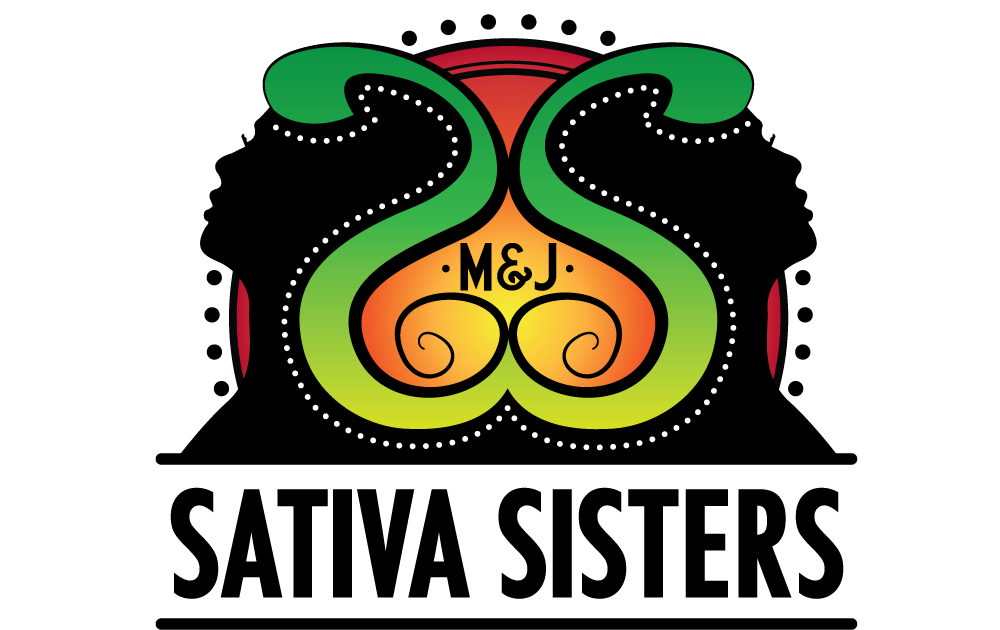Cannabis Culture Near Me in Spokane & Clarkston
Dive into the vibrant cannabis culture, from ancient traditions to modern trends, as experienced at Sativa Sisters in Spokane Valley and Clarkston, WA. This page explores how cannabis has shaped communities globally and locally, offering a glimpse into its cultural evolution and current significance.
Ancient Traditions
Cannabis has deep cultural roots, notably in ancient India where it was revered in Hindu rituals around 1000 BCE, used in the festival of Holi and as a sacred plant called "bhang." In ancient China, it was woven into textiles and used medicinally, while Rastafarian culture in Jamaica later adopted it for spiritual practices in the 1930s. These traditions highlight cannabis’s role as a cultural artifact across millennia.
20th Century Counterculture
The 20th century saw cannabis become a symbol of rebellion and freedom, especially during the 1960s counterculture movement in the U.S. Hippies embraced it as part of their anti-establishment ethos, influencing music, art, and social gatherings. This period also sparked debates that led to its eventual reevaluation, setting the stage for legalization efforts.
Modern Cannabis Culture in Washington
Since Washington’s legalization of recreational cannabis via Initiative 502 in 2012, a thriving culture has emerged. In Spokane and Clarkston, cannabis events, local art inspired by the plant, and community education sessions reflect its acceptance. Sativa Sisters contributes by offering a welcoming space, hosting educational events, and engaging with the community through social media like X and Instagram.
Trends and Community
Today’s cannabis culture includes trends like cannabis-infused cuisine, wellness retreats, and the rise of community-driven cannabis education. In Washington, the economic impact is notable, with over $1 billion in annual sales supporting local jobs. At Sativa Sisters, we celebrate this culture by fostering an inclusive environment for enthusiasts and newcomers alike.
Explore more about its past on our History page or Shop now at Sativa Sisters.
Sources: National Institute on Drug Abuse (NIDA), Washington State Liquor and Cannabis Board (LCB).
